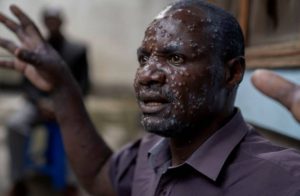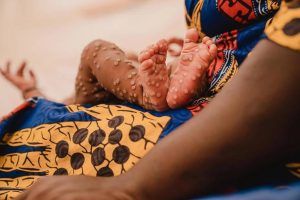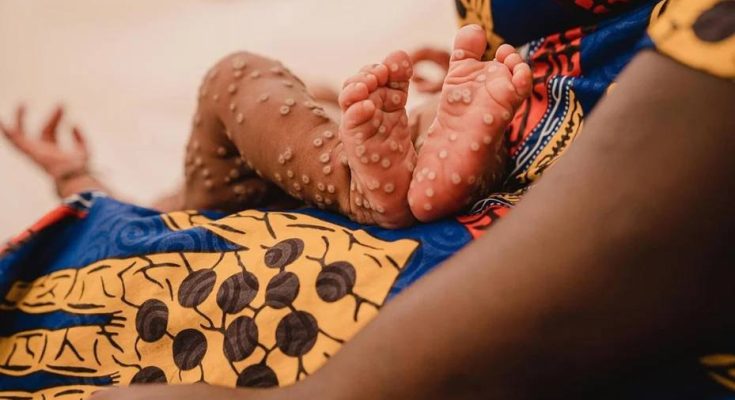WHO convened its emergency committee amid concerns that a deadlier strain of the virus, clade Ib, had reached four previously unaffected countries in Africa. This strain had previously beed 96% of confirmed cases this month.
contained to the Democratic Republic of Congo.
The independent experts met virtually Wednesday to advise WHO Director-General Tedros Adhanom Ghebreyesus on the severity of the outbreak. After that consultation, he announced that he had declared a public health emergency of international concern — the highest level of alarm under international health law.

“The detection and rapid spread of a new clade of mpox in eastern DRC, its detection in neighboring countries that had not previously reported mpox and the potential for further spread within Africa and be
yond is very worrying,” he said.
Since the beginning of the year, more than 17,000 mpox
cases and more than 500 deaths have been reported in 13 countries in Africa, according to the Africa Centers for Disease Control and Prevention, which classifies the outbreak as a “very high risk event.” The highest number of cases — more than 14,000 — is in the DRC, which report
Mpox, formerly known as monkeypox, is a viral disease that can spread easily between people and from infected animals. It can spread through close contact such as touching, kissing or sex, as well as through contaminated materials like sheets, clothing and needles, according to WHO. Symptoms include a fever, a painful rash, headache, muscle and back pain, low energy and enlarged lymph nodes.




